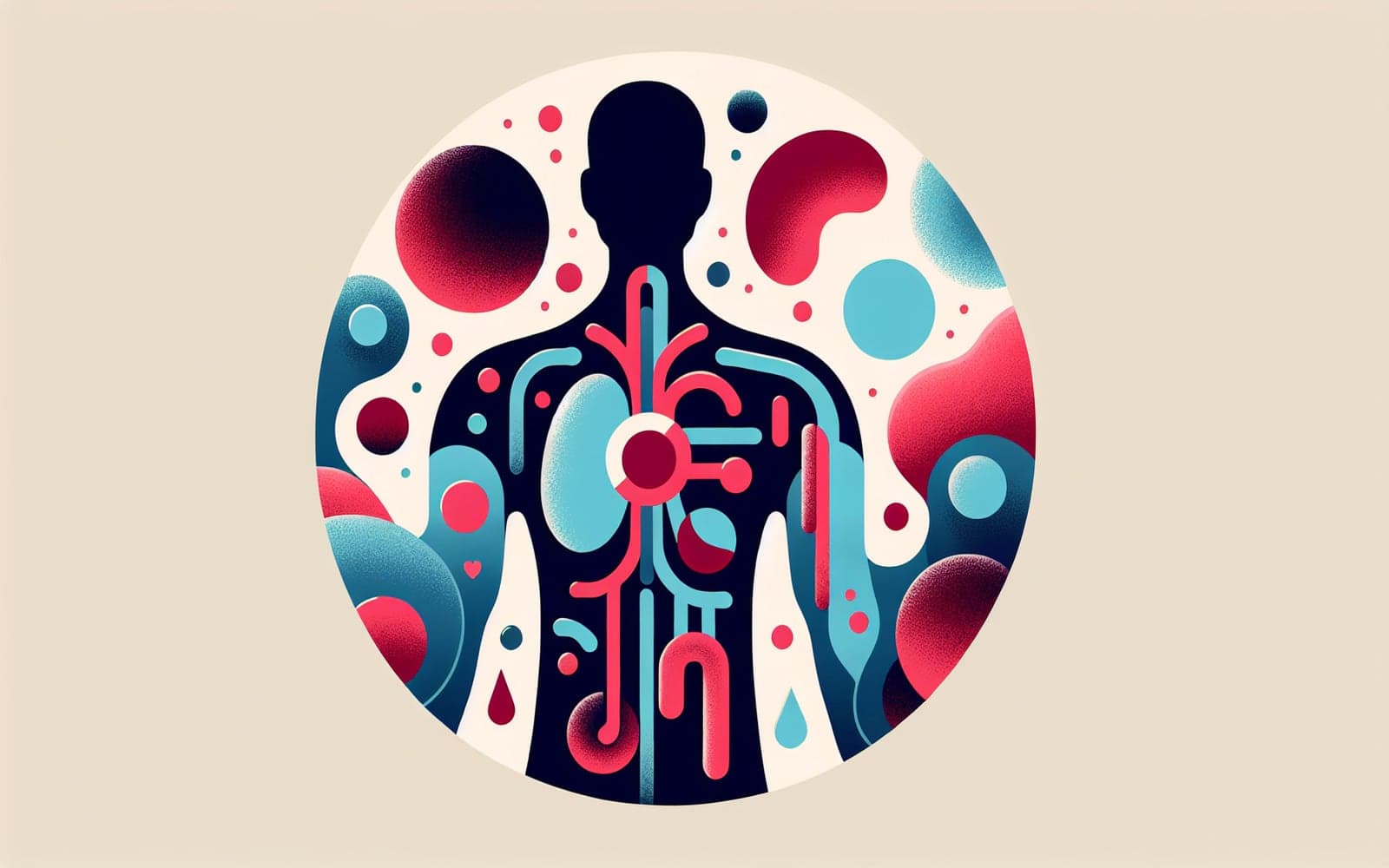Is Your Body Destroying Red Blood Cells? Key Symptoms of Hemolytic Anemia
Published: Aug 30, 2024

Medically reviewed by Oghenefejiro Okifo | MD, Harvard Medical School | Henry Ford Hospital - Detroit, MI on August 30th, 2024.
Hemolytic anemia occurs when your body destroys red blood cells faster than it can replace them. Recognizing the symptoms early can lead to quicker diagnosis and treatment.
Contents
Common Symptoms
The most common symptoms of hemolytic anemia include fatigue, weakness, and shortness of breath. You might also experience pale or yellowish skin, dizziness, and a rapid heartbeat. Some people notice dark urine or jaundice (yellowing of the skin and eyes).
When to Worry
While occasional tiredness is normal, persistent fatigue or weakness that interferes with daily activities could be a sign of hemolytic anemia. Sudden onset of symptoms, especially if accompanied by dark urine or jaundice, requires immediate medical attention. Don't ignore these warning signs.

Less Common Signs
Some people with hemolytic anemia experience leg ulcers, especially those with certain inherited forms. Enlarged spleen or liver might cause abdominal discomfort. In children, hemolytic anemia can lead to delayed growth and development.
Frequently Asked Questions
Yes, symptoms can fluctuate in some types of hemolytic anemia.
Children may show additional signs like delayed growth.
Stress can exacerbate symptoms in some cases.
No, hemolytic anemia differs from other types of anemia.
Key Takeaways
Recognizing hemolytic anemia symptoms early can lead to faster treatment and better outcomes.
If you're experiencing persistent fatigue or other symptoms, don't hesitate to discuss them with Doctronic for personalized advice.Related Articles
References
Barcellini W, Fattizzo B. Clinical Applications of Hemolytic Markers in the Differential Diagnosis and Management of Hemolytic Anemia. Dis Markers 2015; 2015:635670.
Brodsky RA. Warm Autoimmune Hemolytic Anemia. N Engl J Med 2019; 381:647.
This article has been reviewed for accuracy by one of the licensed medical doctors working for Doctronic. Always discuss health information with your healthcare provider.

